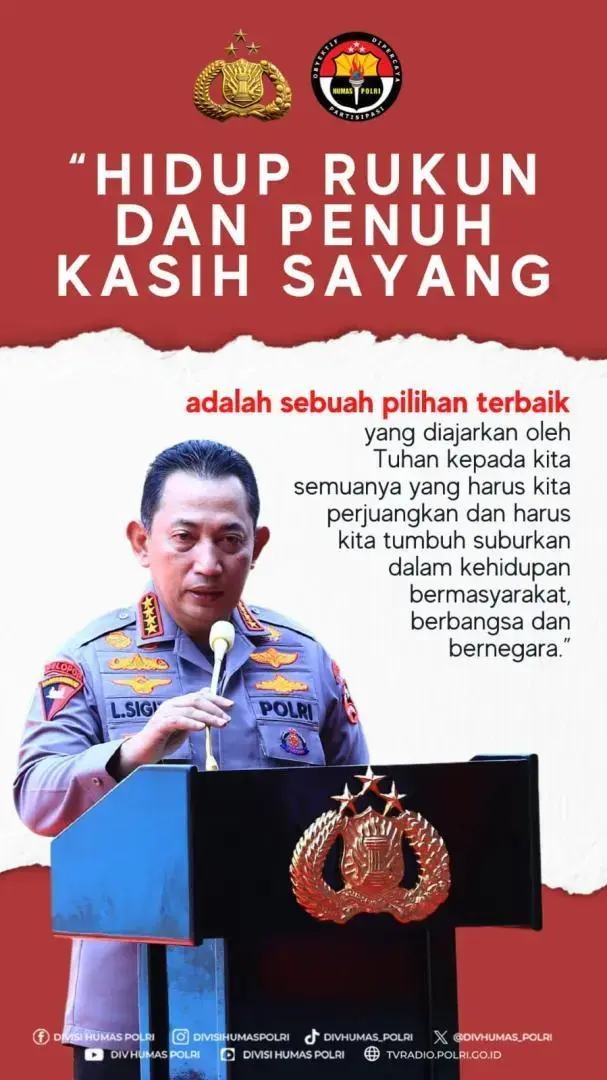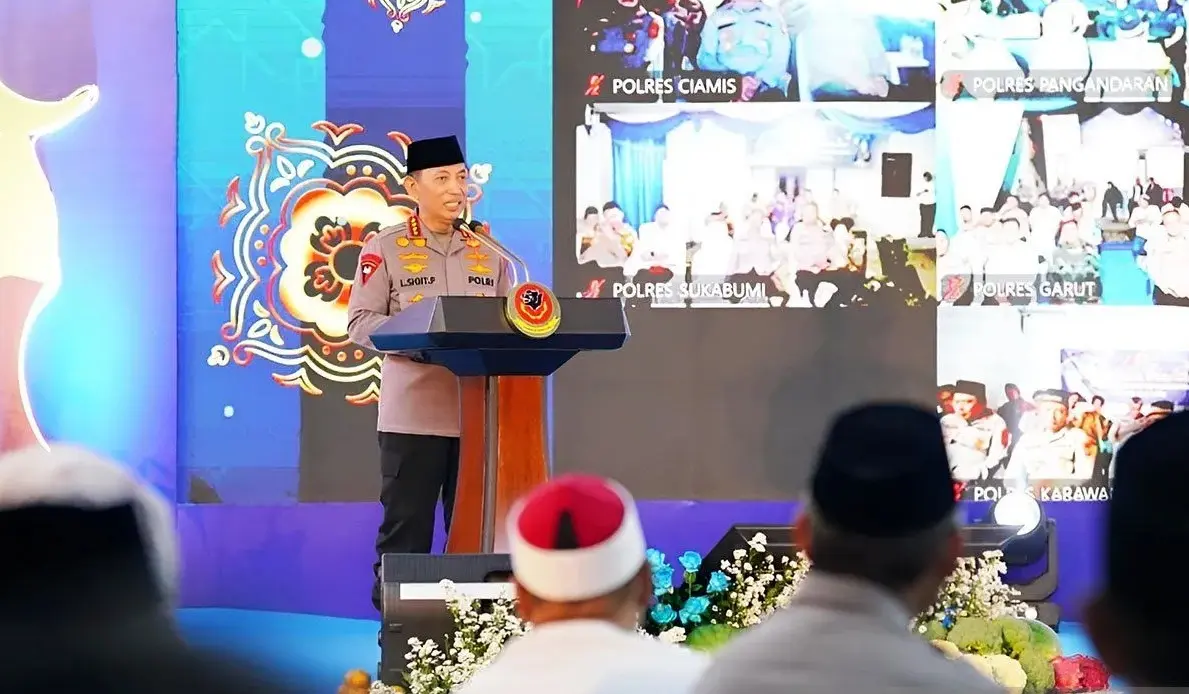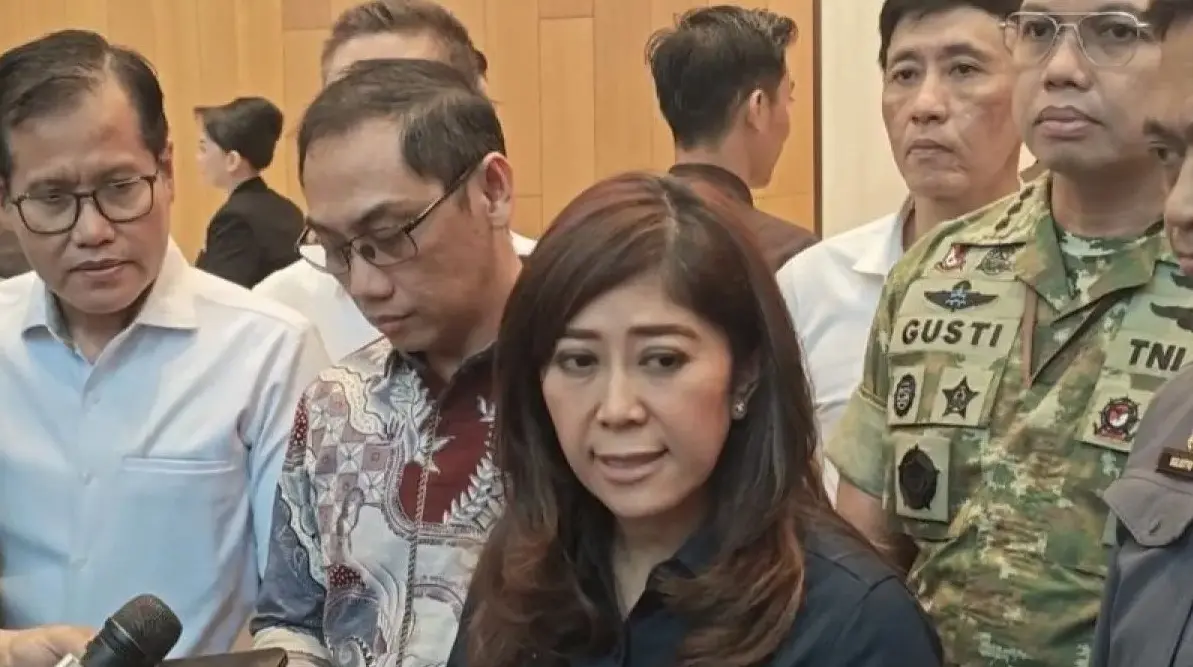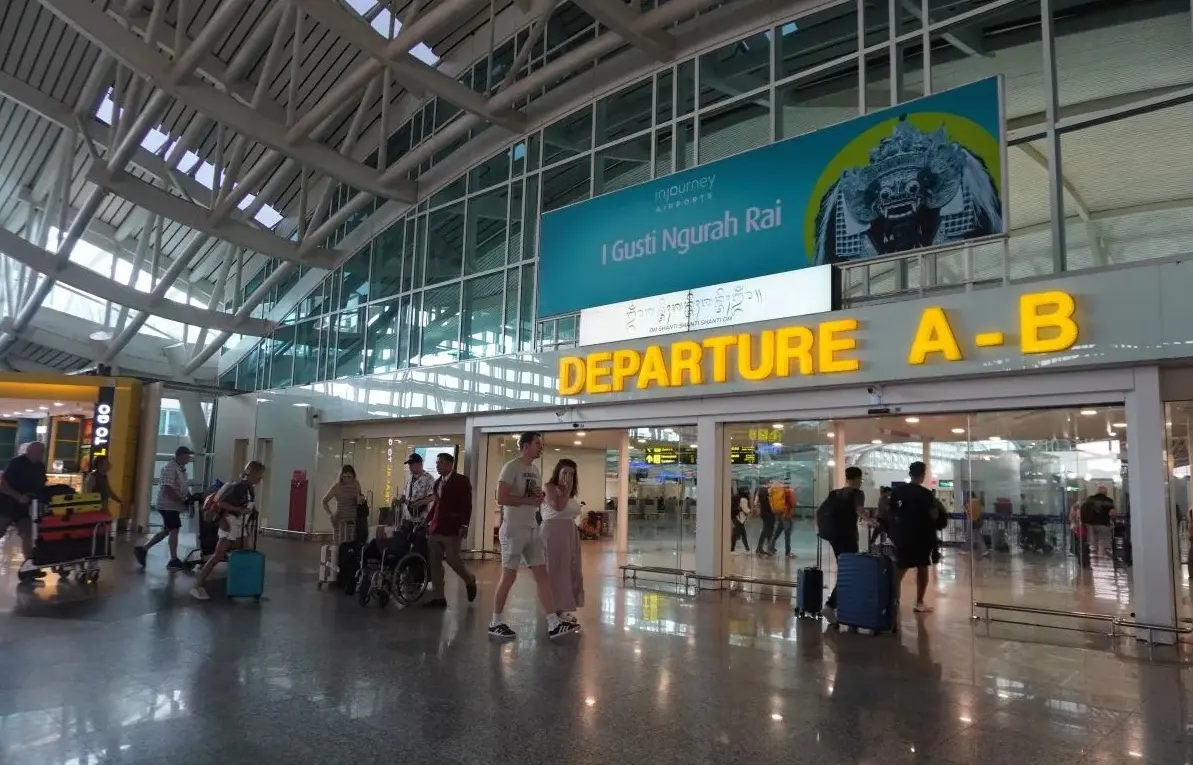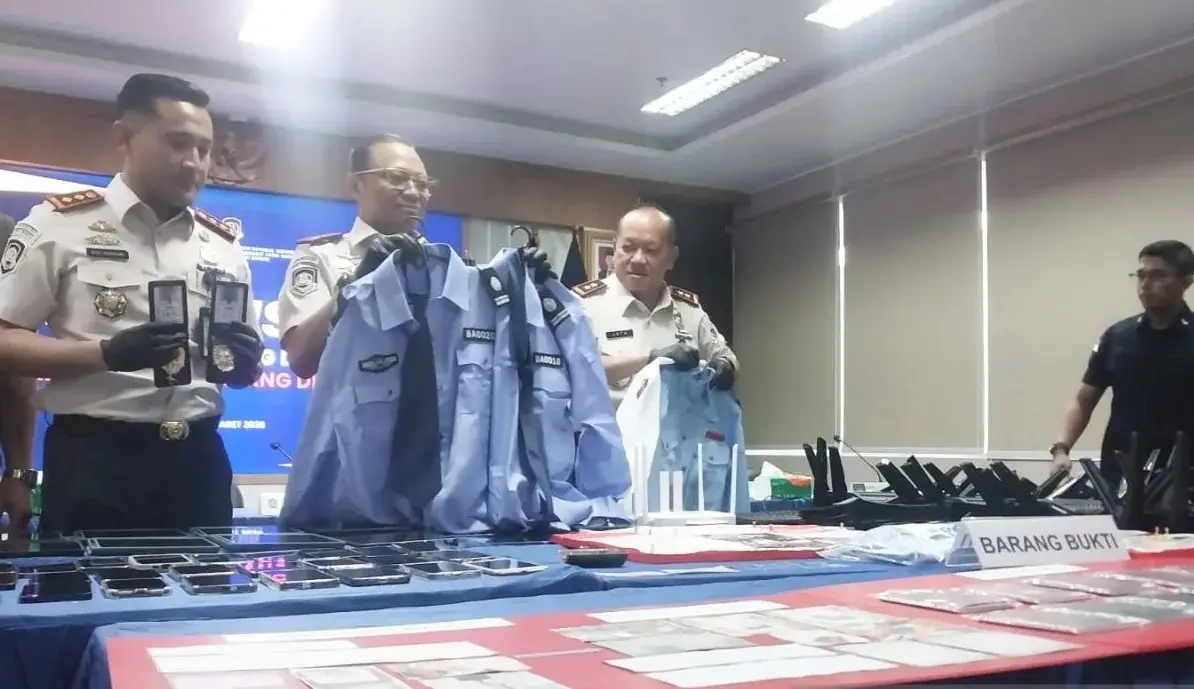Inp.polri.go.id - Jakarta. The commitment of the Association of Southeast Asian Nations (ASEAN) to build an electric vehicle (EV) ecosystem is considered a very appropriate step by a researcher from the General Soedirman University (Unsoed) Purwokerto Ropiudin.
"ASEAN's agreement to build an electric vehicle ecosystem is the right step that needs to be welcomed," said Ropiudin when contacted from Jakarta, Friday (12/5/2023).
The development of an electric vehicle ecosystem in the ASEAN region, he said, is an important and useful thing to protect the environment and reduce air pollution together.
The senior researcher of Unsoed's thermal and renewable energy systems engineering laboratory added that electric vehicles that use electrical energy generated from renewable energy sources such as solar, wind, water, geothermal, or biomass, can reduce greenhouse gas emissions that cause climate change.
However, the Chairperson of the Research Division of the Central-DIY Nahada Lecturer Alliance (ADN) added that the development of the electric vehicle ecosystem also faces several challenges such as the price of electric vehicles which is still higher than conventional vehicles, and the need to improve battery charging infrastructure.
"Therefore, efforts are needed to increase the accessibility and price of electric vehicles and expand battery charging infrastructure," he said.
Ropiudin also said the transportation sector is one of the biggest contributors to greenhouse gas emissions. Therefore, steps are needed to encourage the adoption of electric vehicles to achieve global emission reduction targets.
However, he said, this must be seen holistically and pay attention to the availability and sustainability of energy resources used to produce electricity.
Indonesian President Joko Widodo at the end of the 42nd ASEAN Summit 2023 stated that one of the three main points of the agreement produced was the strengthening of economic cooperation. ASEAN, President Jokowi said, agreed to build an electric car ecosystem and become an important part of the world supply chain, so that the downstream industry is the key.
The second agreement is the protection of migrant workers and victims of human trafficking. Third, ASEAN unanimously stated that the violation of human values cannot be tolerated. The Five-point Consensus mandates ASEAN to engage with all stakeholders. Inclusiveness must be strongly held by ASEAN because ASEAN's credibility is at stake.
(ta/pr/um)


